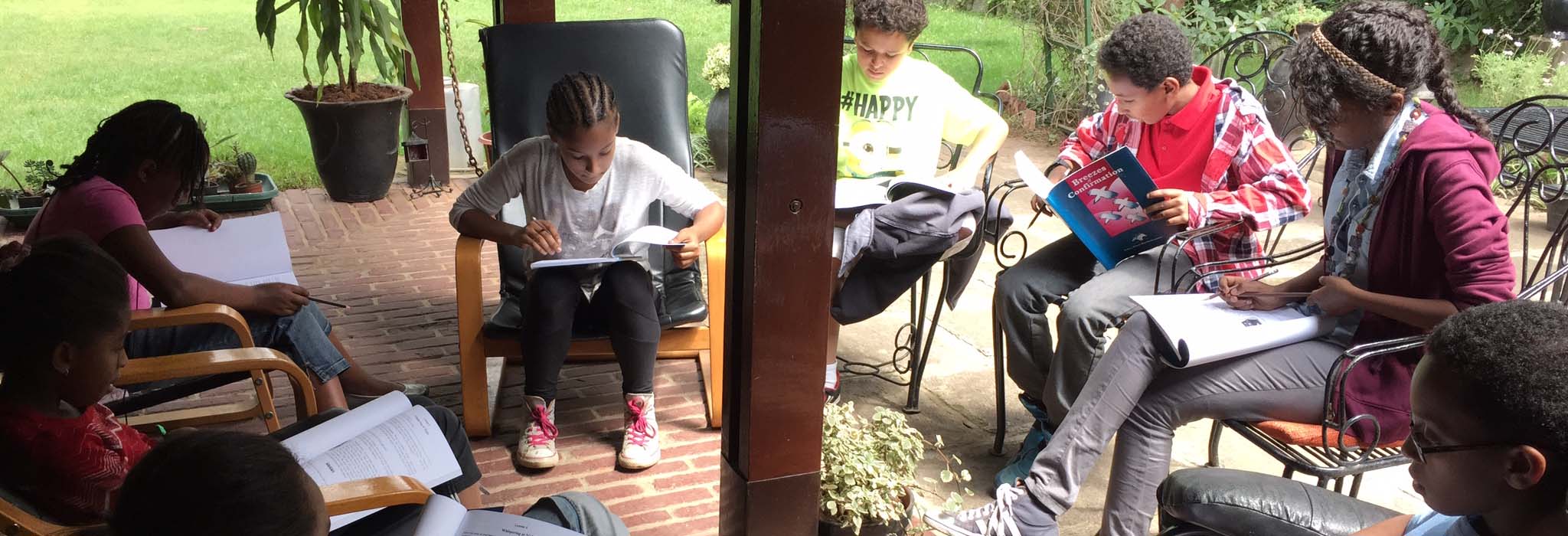The Junior Youth Spiritual Empowerment Program (JYSEP) is a part of an educational process that seeks to raise capacity within a population to take charge of its own spiritual, social and intellectual development. This program is open to all young people aged between 11 and 14, of every religious or non-religious background, and assists them to navigate through this crucial stage in their lives.
Those in their early adolescent years possess altruism, a sense of justice, eagerness to learn about the universe, and a desire to contribute to the construction of a better world.
The program helps them form a strong moral identity and empowers them to contribute to the well-being of their communities and the world at large.
By developing their character, intellectual capabilities, power of expression, and capacities for service to society, the participants come to see that they can become agents of positive change in the world.
The groups are facilitated by “animators”, often in their late teens or twenties. The animator and participants learn from each other in a participatory mode of learning. Groups of participants engage in activities such as discussion, drama, artistic expression, cooperative games, study of literature, story telling and acts of community service.
The junior youth program explores themes from a Bahá’í perspective, but is not a formal religious education program. It is open to all, subject to parental approval. Junior youth groups meet on a regular basis and there is no written homework.
Interesting blog? Like it on Facebook, +1 on Google, Tweet it or share this article on other bookmarking websites.

